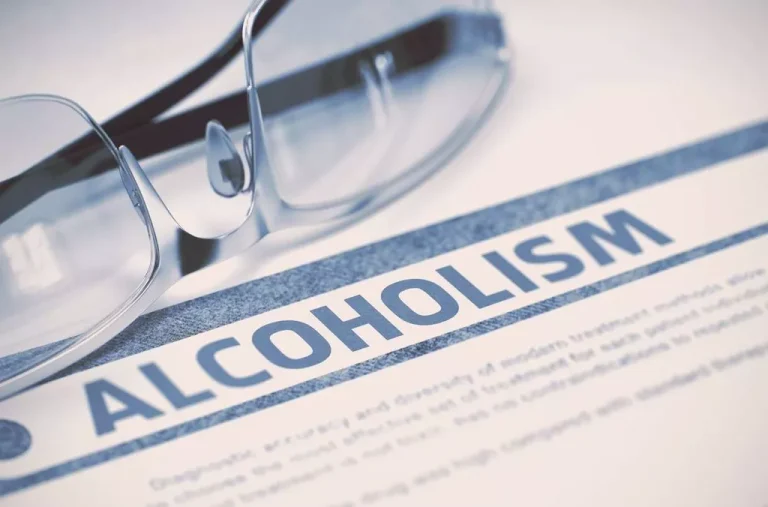
One person could be more prone to severe bleeding, while another might face a heightened clot risk. Moreover, alcohol can raise the likelihood of falls or injuries, and any wound can become more serious if blood does not clot properly. Plavix increases the risk of stomach bleeding when coupled with daily alcohol use. Alcohol use should be limited while on Plavix, and specific cases should be discussed with a doctor. Alcohol use should be limited while using Savaysa because it increases the risk of internal bleeding.
Can I drink socially while taking blood thinning medication?
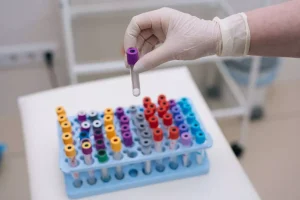
Secondly, drinking alcohol can interfere with how medicine works, and blood thinners are no exception. You should always check with your GP about whether it is safe to drink alcohol before taking blood thinners. If you consume large amounts of alcohol at one time or drink alcohol on a daily basis, be sure to discuss this with your doctor.
Severity of Bleeding Complications
If it’s busy working on the alcohol instead of your blood thinner, the level of the drug in your blood will go up and raise your bleeding risk. Orlando Recovery Center offers comprehensive addiction treatment for drug and alcohol addictions and co-occurring mental health conditions. Blood thinners, whether they are anticoagulants or antiplatelets, don’t dissolve the clot but they can prevent clots from forming and small clots from getting bigger.
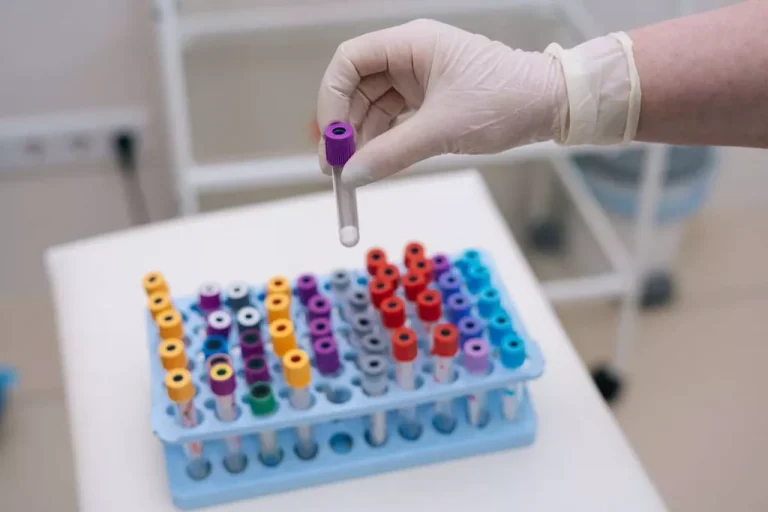
Is It Safe to Mix Alcohol and Blood Thinners?
Experts have known for a while that heavy drinking — meaning eight or more drinks blood thinners and alcohol per week for women and 15-plus per week for men — raises your risk for high blood pressure (a.k.a. hypertension). When blood pressure, the force of blood flowing through your arteries, is consistently high, that ups your risk for heart attack, stroke and heart failure, as well as vision loss and kidney disease. Now experts have reason to believe even moderate drinking carries risks. In any case, if you’re taking a blood thinner, it’s important to check with your doctor before drinking alcohol. This is because alcohol can interact with some types of blood thinners and cause serious side effects. In other words, drinking alcohol while you are taking blood thinners will cause a higher risk of adverse side effects.
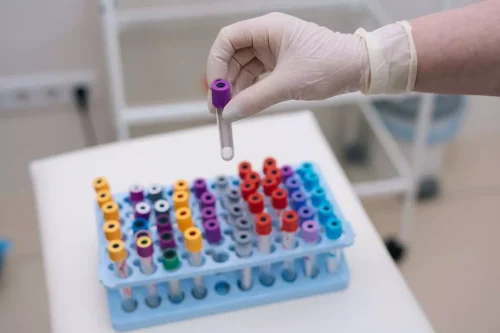
- The use of other medications, particularly those that also affect blood clotting (e.g., NSAIDs like ibuprofen or aspirin), can significantly amplify the risk.
- Research suggests that 74.5 percent of people 60 and older have high blood pressure, compared with 54.5 percent of adults ages 40 to 59.
- Blood thinners can be dangerous by themselves as well, making it essential to seek medical advice when symptoms or potential concerns arise.
- Numerous treatment options are available for alcohol misuse, including treatments led by health professionals, FDA-approved medications, and behavioral therapies.
- Blood thinners are medications that slow your body’s ability to coagulate blood, making your blood less likely to form blood clots.
However, they can pose unique challenges when combined with substances like alcohol. People taking blood thinners must be aware of how alcohol could affect their medication’s efficacy and safety. Several factors increase the risk of bleeding complications when combining alcohol and blood thinners. Advanced age is one significant factor; older adults often have impaired liver and kidney function, affecting medication metabolism and increasing the risk of bleeding.
Symptoms, Causes, and Treatment of Deep Vein Thrombosis
However, it’s not only binge drinking that poses a risk; even moderate, daily consumption has been linked to an increased likelihood of developing atrial fibrillation over time. If you’re taking Eliquis, you might be wondering how much alcohol, if any, is safe to consume. The guidelines generally advise limiting alcohol consumption to no more than 1 drink per day for women and no more than 2 drinks at a time for men when taking Eliquis. However, these are general recommendations and individual circumstances may differ.
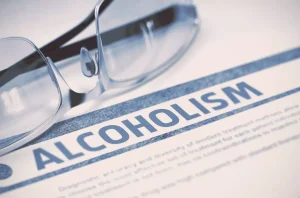
- Doctors recommend not drinking alcohol while receiving chemotherapy.
- While alcohol does not directly interact with the mechanism of Eliquis, its combination can exacerbate it’s blood-thinning effect.
- Consuming more than 3-4 alcoholic drinks per day significantly increases bleeding risks.
- When this is combined with thinned blood from medication, you could experience severe bleeding from your injuries.
- If you’re taking Eliquis, you might be wondering how much alcohol, if any, is safe to consume.
- Effient is an antiplatelet drug often used to lower clot risk after certain cardiac procedures.
Most people who take blood thinners do not experience any serious side effects. However, drinking while taking blood thinners can potentially make these side effects worse. It is important to be aware of the potential risks before starting any medication. Excessive long-term alcohol intake can contribute to blood clot formation by increasing platelet levels and activation, leading to a higher likelihood of clotting.
Find Help for Alcohol Addiction in Indianapolis, IN
This article cuts right to the chase, detailing the risks and clear guidelines for safely managing alcohol and Eliquis intake. Without an information overload or a sales pitch, you’ll learn key considerations to protect your health while on this medication. The combination raises your risk of bleeding problems or hemorrhages since both substances impair coagulation.
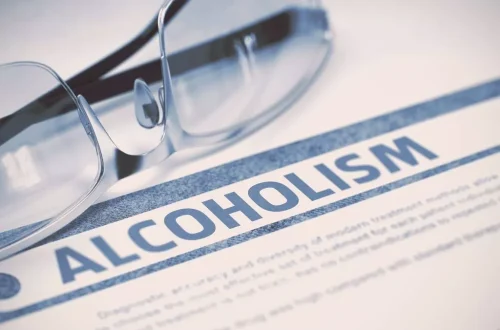
What foods to avoid while on Eliquis
However, the tale of alcohol’s impact on blood clotting doesn’t end there. Eliquis is the go-to for a host of conditions that necessitate blood thinning. When you consume alcohol, it can reduce the stickiness Alcoholics Anonymous of platelets, which helps keep blood flowing smoothly. In moderate amounts, some people believe alcohol may even confer minimal heart-health benefits. However, the relationship between alcohol and blood clotting is not straightforward.
The Dangers of Mixing Alcohol and Hydroxyzine
Benadryl (diphenhydramine) is an over-the-counter (OTC) antihistamine drug commonly used to treat symptoms of allergies. It is a first-generation antihistamine with side effects such as drowsiness, slowed breathing, and sleepiness. If you’re receiving chemotherapy and find it difficult to limit or stop alcohol use, it’s best to bring your concerns to your care team. If you or a loved one suffers from alcoholism, it’s time to seek help. It can be incredibly difficult to overcome an alcohol use disorder.
